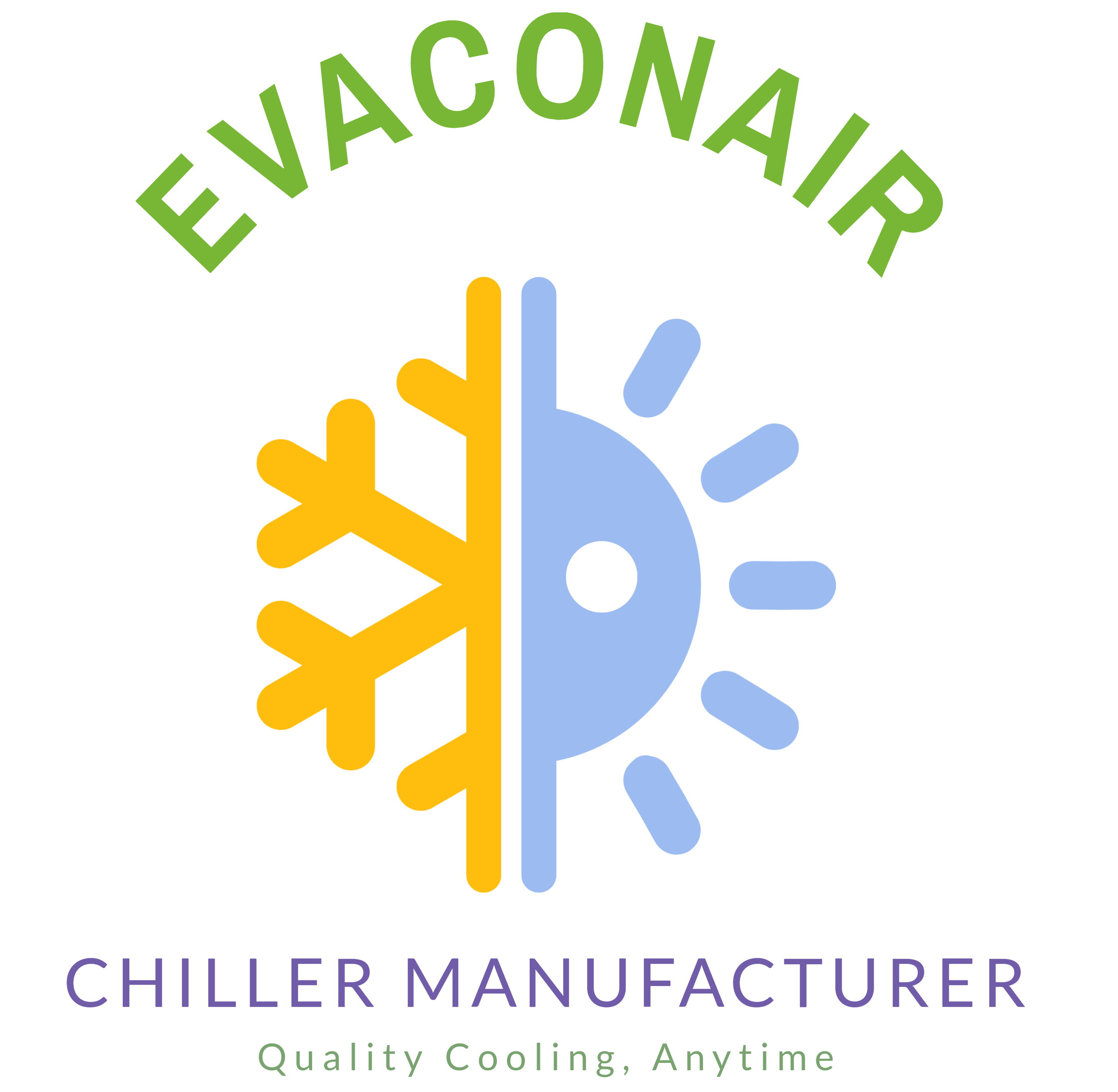Blog
Chiller HVAC systems are a crucial component of many commercial and industrial buildings, providing effective cooling solutions. Here’s an in-depth look at what a chiller HVAC system is and how it works.
Understanding Chiller HVAC Systems
A chiller HVAC (Heating, Ventilation, and Air Conditioning) system is designed to remove heat from a liquid via a vapor-compression or absorption refrigeration cycle. This cooled liquid can then be circulated through a heat exchanger to cool air or equipment as required.
How Chiller HVAC Systems Work
1. Refrigeration Cycle
In a chiller HVAC system, the refrigeration cycle begins with the compressor, which compresses the refrigerant, increasing its pressure and temperature. The refrigerant then passes through the condenser, where it dissipates heat and condenses into a high-pressure liquid. This liquid flows through an expansion valve, reducing its pressure and temperature before entering the evaporator. In the evaporator, the refrigerant absorbs heat from the chilled water, cooling it down, and the cycle repeats.
2. Types of Chiller HVAC Systems
There are two primary types of chiller HVAC systems:
Air-Cooled Chillers
Air-cooled chillers use ambient air to dissipate heat from the refrigerant. They are typically used in smaller applications or where water resources are limited. Explore more about air-cooled chillers.
Water-Cooled Chillers
Water-cooled chillers utilize water to remove heat from the refrigerant. These chillers are more efficient than air-cooled systems and are commonly used in larger installations. Learn more about water-cooled chillers.
3. Applications of Chiller HVAC Systems
Chiller HVAC systems are used in various applications, including:
- Commercial Buildings: To provide comfort cooling in offices, hotels, and shopping malls.
- Industrial Facilities: For process cooling in manufacturing plants and data centers.
- Medical Facilities: To maintain controlled environments in hospitals and laboratories.
4. Benefits of Chiller HVAC Systems
- Energy Efficiency: Modern chiller HVAC systems are designed to be energy-efficient, reducing operational costs.
- Reliability: Chillers provide consistent and reliable cooling for various applications.
- Scalability: Chiller systems can be scaled to meet the specific cooling needs of any facility.
Maintenance of Chiller HVAC Systems
Regular maintenance of chiller HVAC systems is essential to ensure optimal performance and longevity. This includes routine inspections, cleaning, and servicing of components. For professional maintenance services, visit EVACONAIR.
Understanding the role and function of a chiller HVAC system is key to optimizing your building’s cooling efficiency. For more detailed guidance or professional services, visit EVACONAIR.
